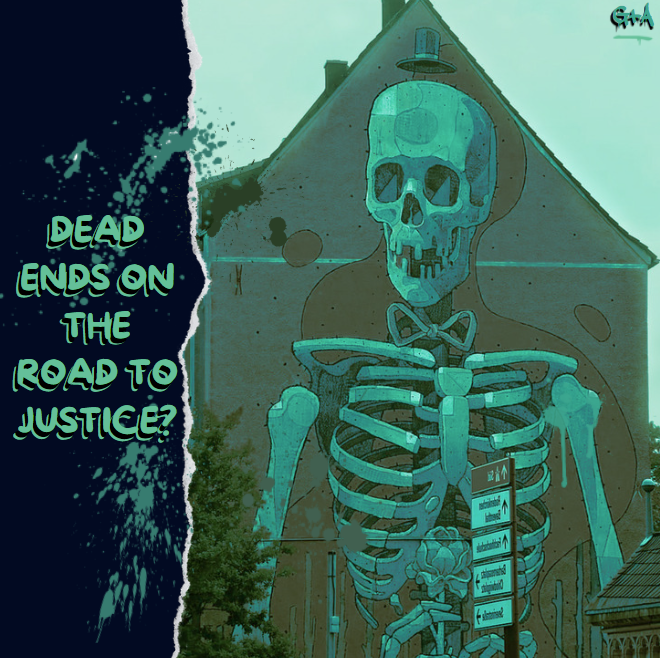Dead Ends On The Road To Justice?
On 7 July 2022, accused killer James Scott Church took his own life before a verdict could be delivered in the trial for which he was prosecuted for the murder of his former partner Ms. Leisl Smith.
Mr Church had previously been cross-examined on his whereabouts on and around the date of Ms. Smith’s disappearance. In trial, the Crown contended that the accused had motive to kill Ms. Smith as she was pregnant to him, and he was desperate to save his newly formed relationship with Ms. Belinda Lees.
In the days prior to taking his own life, Mr. Church had been directed to attend Court later that week with NSW Supreme Court Justice Elizabeth Fullerton reportedly poised to deliver her verdict in the matter following the lengthy 68-day murder trial.
In addressing the Court, it is reported that Justice Fullerton confirmed for the Court that “Because of Mr. Church’s death yesterday, which brought his trial to an end, I cannot announce my verdict today”.
So, the question arises, why can there be no finding verdict delivered in a criminal trial where the accused dies?
After all, in civil proceedings, if a party becomes deceased during a trial; the cause of action may survive the death of a party where interest or liability passes to some other person pursuant to regulation 6.30 of the Uniform Civil Procedure Rules 2005 (NSW).
Simply put, there is no accused to deliver a verdict to. Therefore, the accused, if a guilty verdict was to be delivered; has no means of recourse, such as an appeal to a higher court. This may have been an option available to Mr. Church should Justice Fullerton have delivered a guilty verdict in the Supreme Court.
Criminal cases arise out of a personal action. When an accused, such as Mr. Church, dies before the verdict is delivered, the charges against the deceased will be abated and consequently, the case against them extinguished.
The person, subject of the personal action, is now no longer present. The personal action therefore cannot proceed. As such, there can be no finding of guilt, and the need to punish the accused and protect the public has similarly abated.
It is rare for a trial to end in these circumstances; however, it does not lessen the pain for the family and friends of the victim.
While the Australian legal system is intricately designed to achieve just outcomes; cases such as this are a reminder that that a satisfactory outcome is not always attainable.
At Green & Associates, we are experts in applying for no convictions and have an excellent success rate in achieving this for our clients. Regardless of the charge, we are ready to be in your corner and assist you during this uncertain time. If you or someone you know needs assistance with case, contact our office or call us to book an appointment today.




